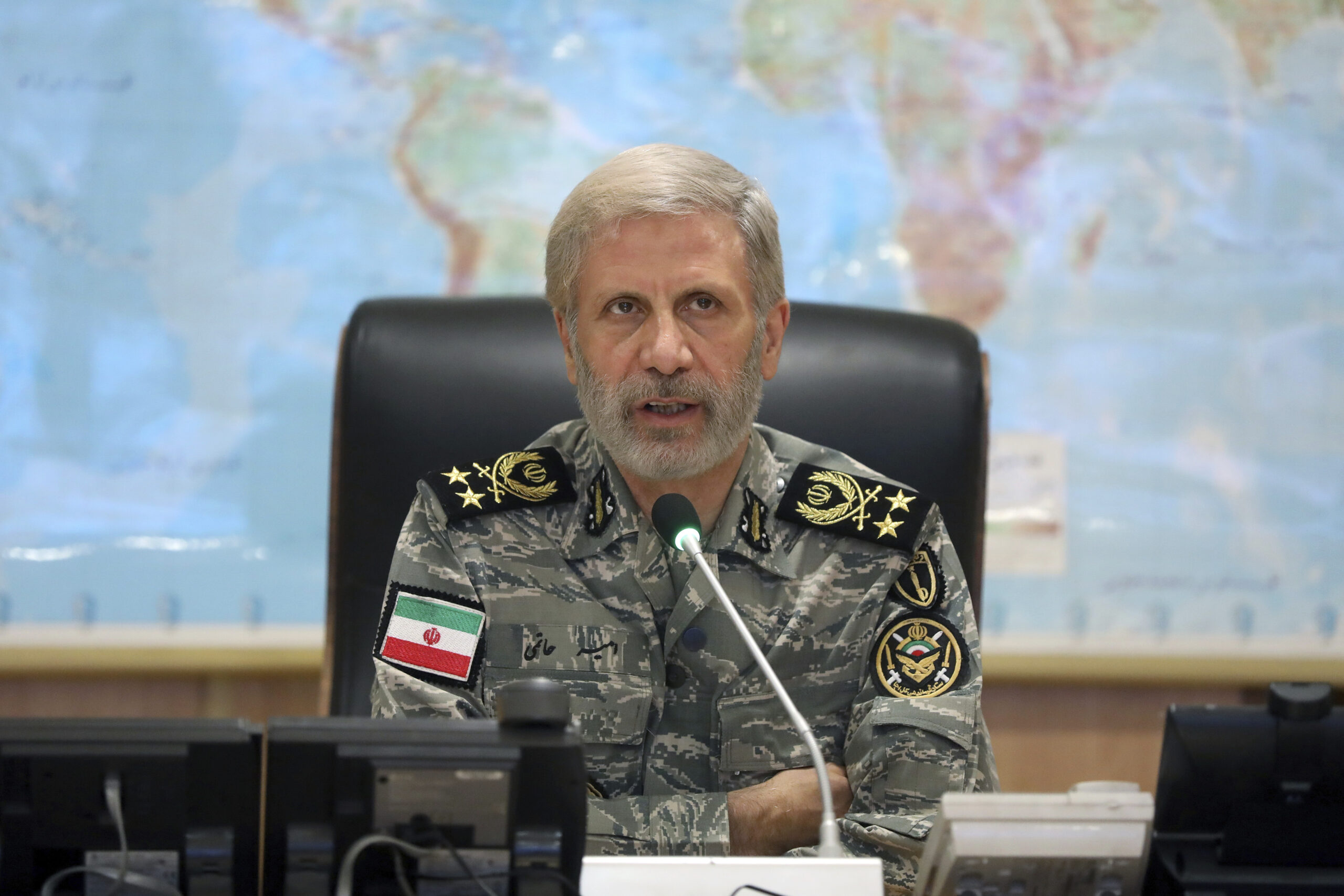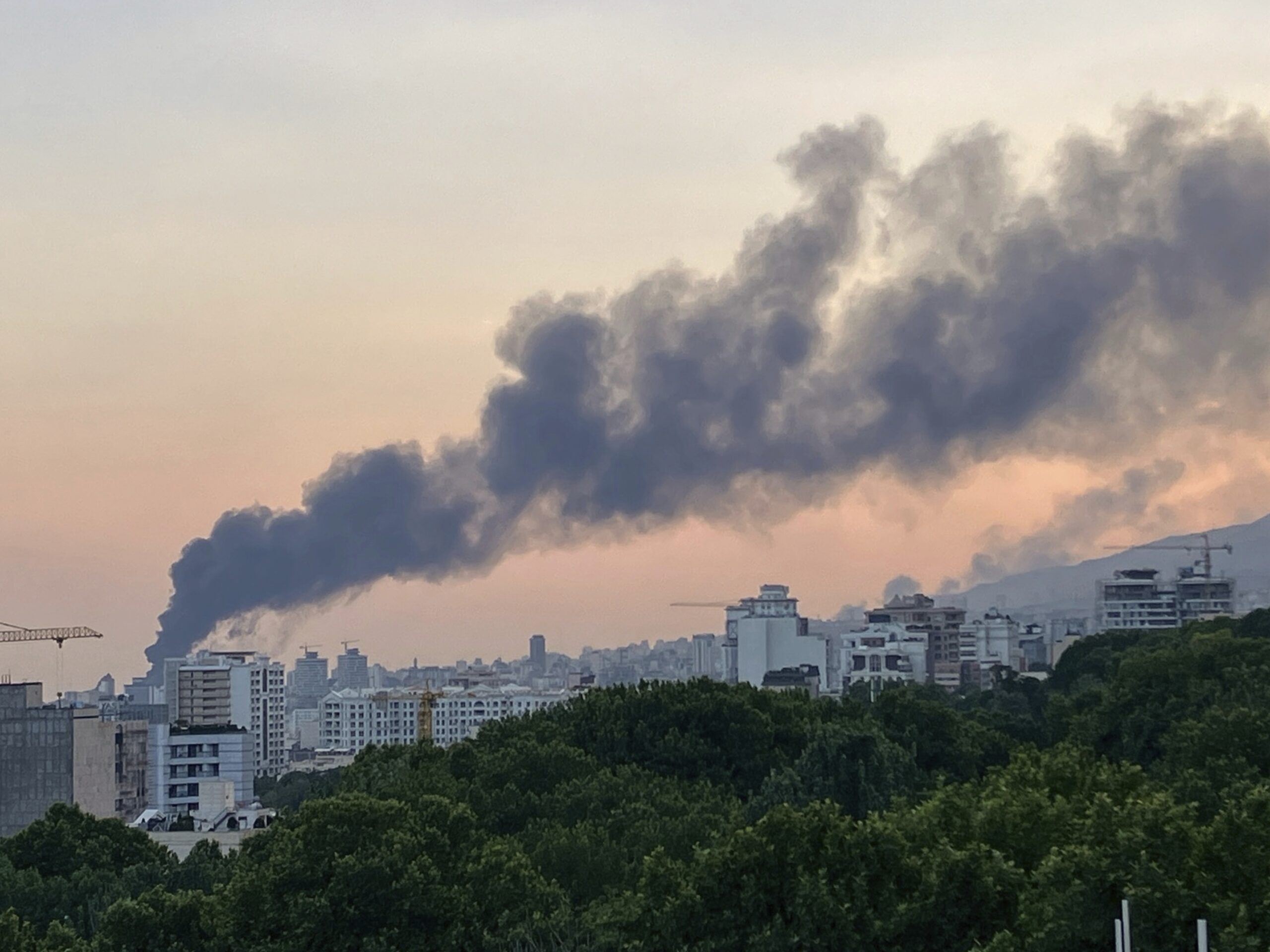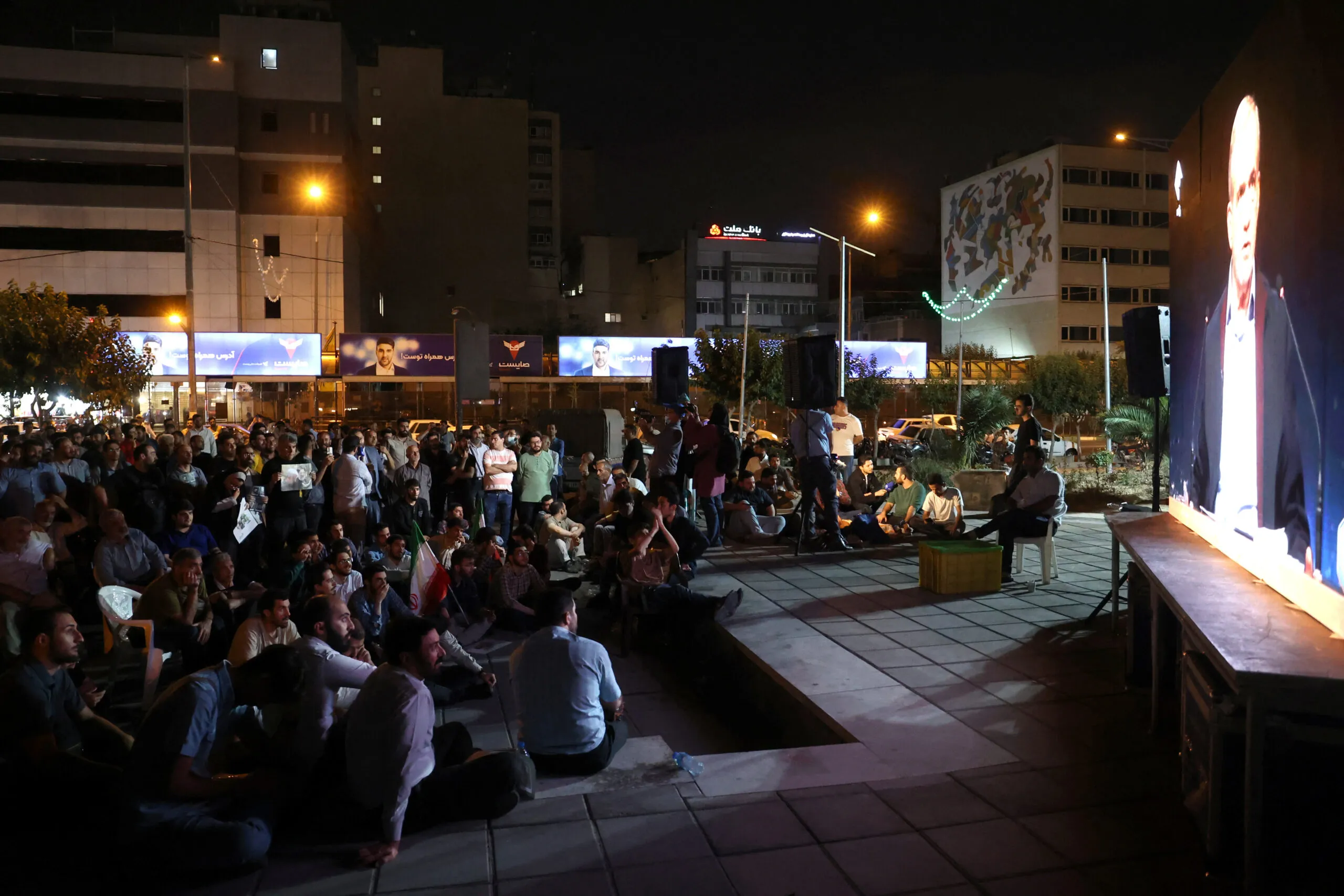Sep 9, 2022
Who in Iran Benefits From Sanctions?
The September 9 edition of the Iran Media Review reflects on statements from a former Iranian vice president regarding government bodies and officials who benefit from U.S. sanctions.
Certain government individuals and bureaucracies in Iran benefit from the U.S.-imposed sanctions, former Vice President Eshaq Jahangiri argued in Behrad Mehjou and Vali Khalili’s recently published book “Bedoun-e Doud va Atash va Khoun” (Without Smoke, Fire, and Blood), excerpts of which were published in reformist Shargh daily. If this is the case, it would hardly be surprising that these figures and institutions would do their utmost to sabotage nuclear negotiations between Tehran and Washington.
- September 6: Looking back at how some Iranians enriched themselves during Iran’s struggle to survive the “maximum pressure” campaign during the administration of former President Donald J. Trump Jr, Jahangiri said: “We were bringing $350 million in cash from the Azerbaijan border, in two phases. The money was stacked on wooden pallets. $31 million never made it to Tehran, and no one was held responsible for the loss … We were hoarding the cash so we could make our purchases of basic goods in cash, when all other paths of trade were closed to us.” Concluding the conversation, Jahangiri said: “The result of sanctions is corruption. Iran’s foreign trade is $70 billion, 20% of which ends up in the pockets of those inside Iran who welcome the sanctions regime. This group organizes its network in the United Arab Emirates to provide Iran with financial services” to bypass the sanctions, and in return “overcharge Iran … Another group establishes companies in China, with the sole purpose of plundering Iran when the sanctions bite. Their network is perfectly well known. They have the backing of political power centers within Iran. They are the profiteers of the sanctions and don’t care about the plight of the people.”
The views represented herein are the author's or speaker's own and do not necessarily reflect the views of AGSI, its staff, or its board of directors.























